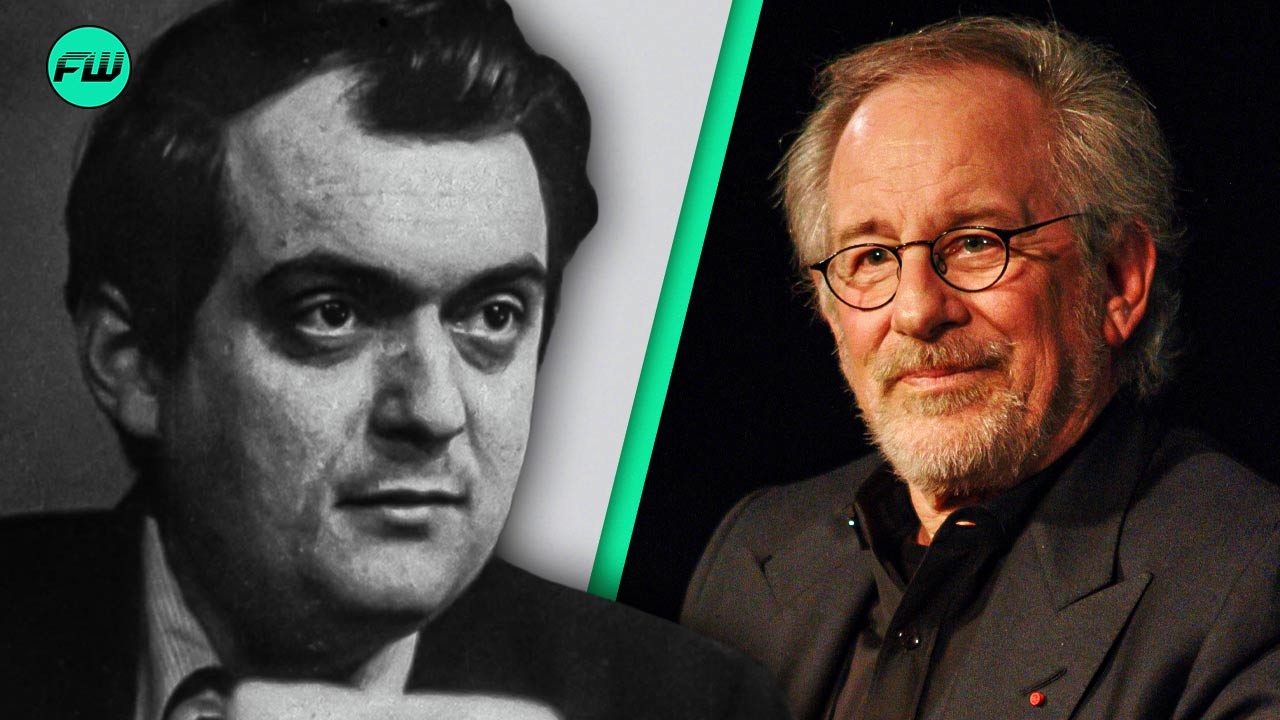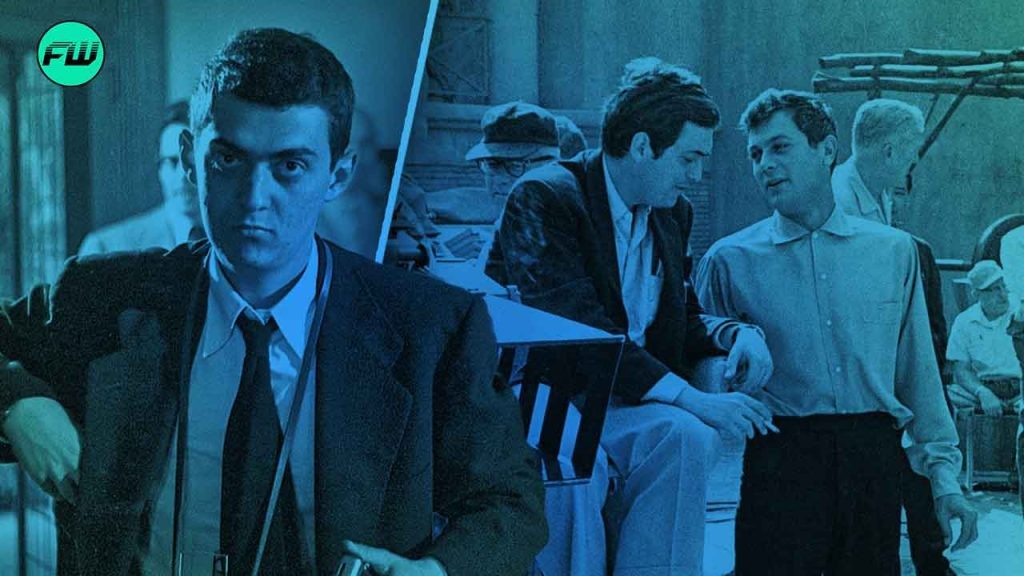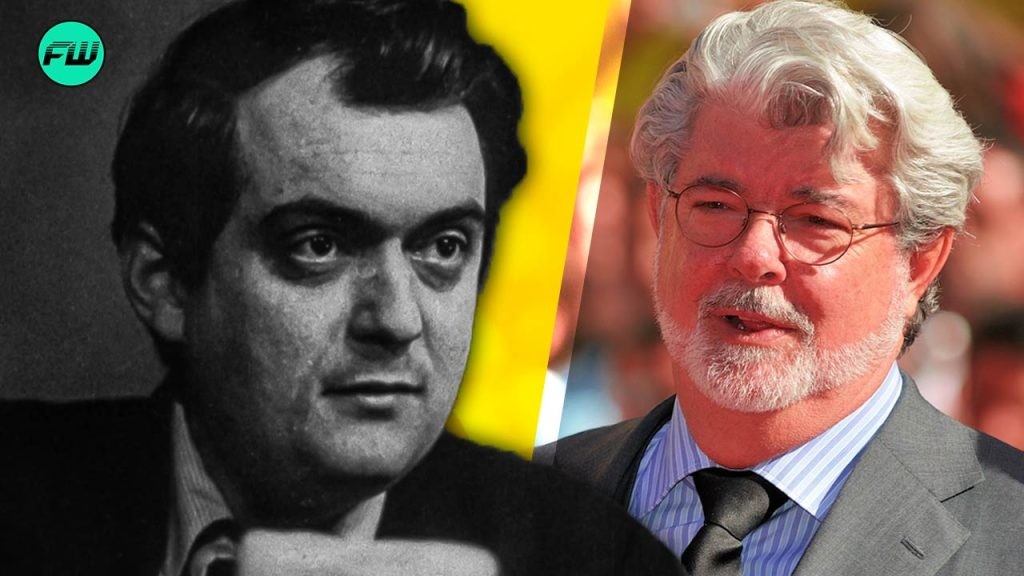The late Stanley Kubrick was one of the greatest legendary directors of all time, having gifted to the cinema the likes of critically acclaimed pieces like 1968’s sci-fi/adventure 2001: A Space Odyssey and 1980’s horror-mystery The Shining. Being so experienced in his respective field, the filmmaker was also an incredibly paranoid human being when it came to his works.
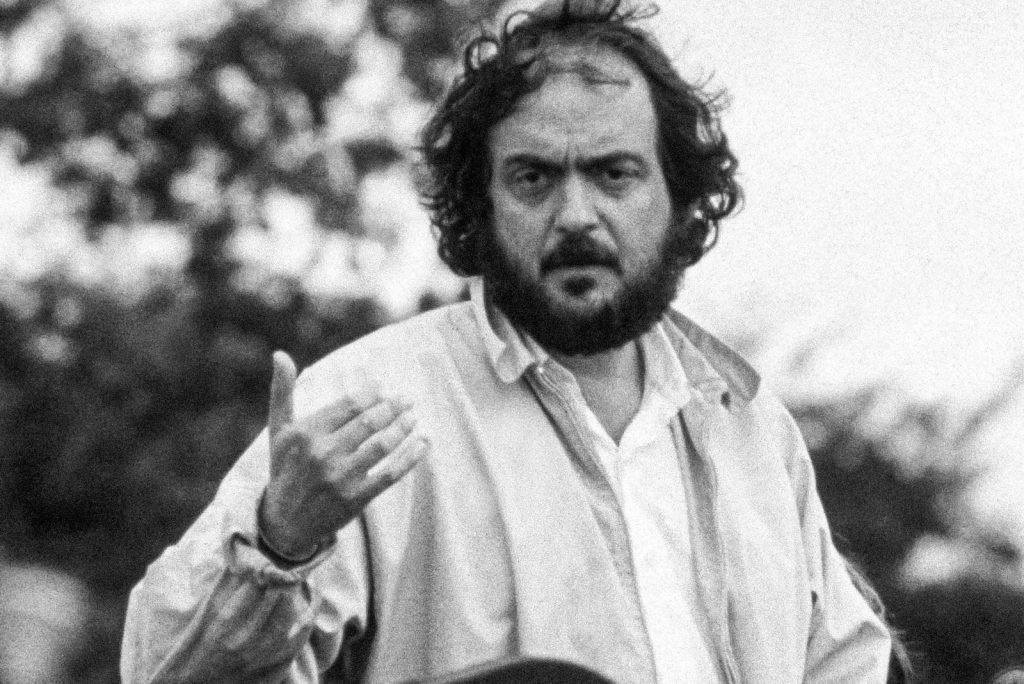
This was especially displayed while he was partly working with Hollywood veteran mastermind Steven Spielberg, on his last film which was completed by Spielberg after his death. This was the sci-fi/fantasy A.I. Artificial Intelligence from 2001, and Kubrick appeared to be quite anxious after entrusting Spielberg with the task of directing the film.
Steven Spielberg Had a First-Hand Experience of Stanley Kubrick’s Paranoia
1999’s Eyes Wide Shut has been widely termed as Stanley Kubrick‘s last film before his death, but the actual movie that was the genius’ last piece of work was 2001’s sci-fi/fantasy, A.I. Artificial Intelligence. This was because he had already developed the idea of the movie and only required a real child to play the protagonist as opposed to his original idea to use special effects.
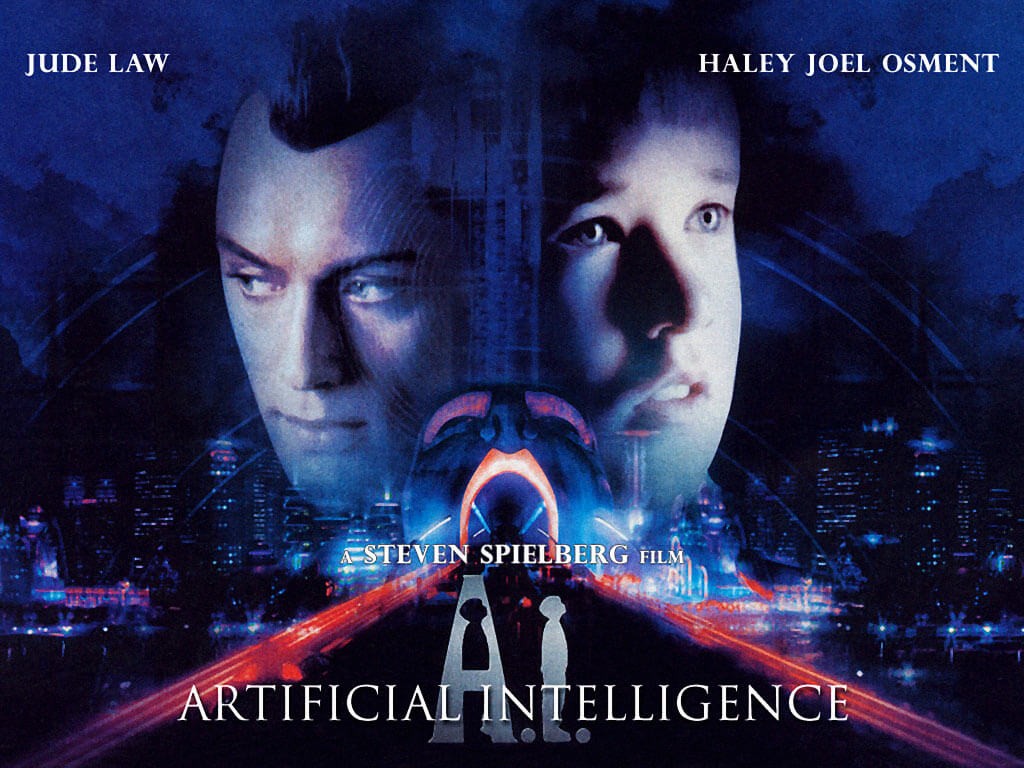
However, this posed a problem because Kubrick was also working on Eyes Wide Shut at the same time, and realized that scheduling both films together wouldn’t get either done on time. Thus, he gave the 2001 movie to Steven Spielberg to tame instead, who was not only his longtime close friend but also served as his protegé when he needed his help.
This resulted in a years-long collaboration between the duo and had them discussing the film in the most unusually paranoid way ever. While they did use a fax machine to share their respective ideas back and forth, what was uncommon about this was that they actually used it in an exceptionally secretive way due to Kubrick’s paranoia about it all.
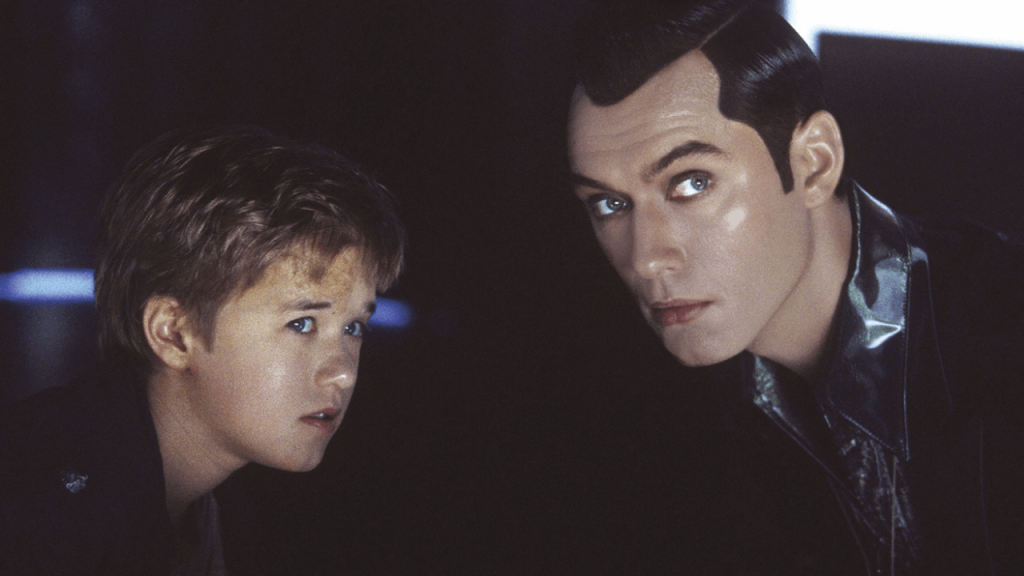
During an interview, Spielberg explained Kubrick’s reaction regarding the same, saying (via The Playlist):
Stanley said, ‘Ok, get a fax machine with a dedicated line that nobody can read. ‘Where in your house is the safest, most secure room? You must have a secure room somewhere in your house.’
That’s not all, for the late mastermind director even assumed Spielberg was required to live in a “huge mansion with safe rooms” to keep the information ultra-secretive. As he continued to explain during the same interview:
[Kubrick said] ‘You must live in a mansion, don’t you, Steven? You must live in this huge mansion with safe rooms. With telephones and steel walls.’
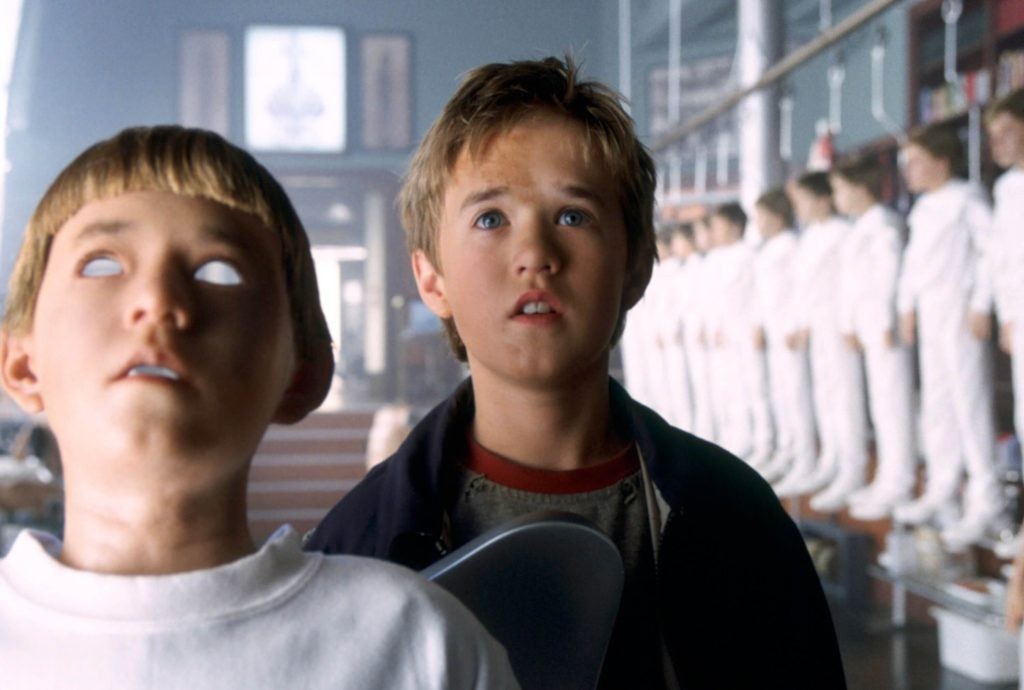
Ironically enough, the Jaws filmmaker actually didn’t quite have a house like that or even a room with “telephones” and “steel walls” as Kubrick required. Nonetheless, the late director settled on something as simple as keeping the fax in Spielberg’s bedroom since that was the only safe place, leading to the duo getting engulfed in what Spielberg describes as a “CIA bubble.”
Steven Spielberg Feels He Got Into a “CIA Bubble” With Stanley Kubrick
During the same interview, the Jurassic Park helmer then explained to Kubrick that “the only real safe room I have is my bedroom.” To this, the late legend’s response was:
Fine, you put the machine in your bedroom. Don’t let anybody read what I write to you. And when I’m done writing, and you’re done reading it, and you’ve memorized it, I want you to tear it up, or better yet, shred it. Do you have a shredder? If you don’t have a shredder, just burn it.
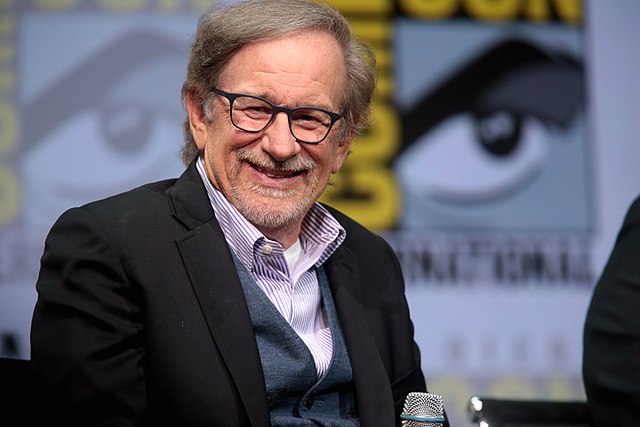
Surprisingly enough, Spielberg didn’t even go around trying to change Kubrick’s mind and get him out of his paranoia. Instead, he just went ahead and did everything he was told to do, irrespective of how absurd it all may have sounded to him.
In fact, he even went ahead to claim how secretive the severity of this situation felt to him, saying:
I got into this CIA bubble with Stanley.
Regardless, all of that secrecy and hard work seems to have paid off when Steven Spielberg finished the movie after Stanley Kubrick’s death in 1999, considering how the film grossed a satisfactory $235.9 million on its budget of $100 million (via Box Office Mojo) along with stunning ratings from both critics and general audiences.
You can watch A.I. Artificial Intelligence on Prime Video.

